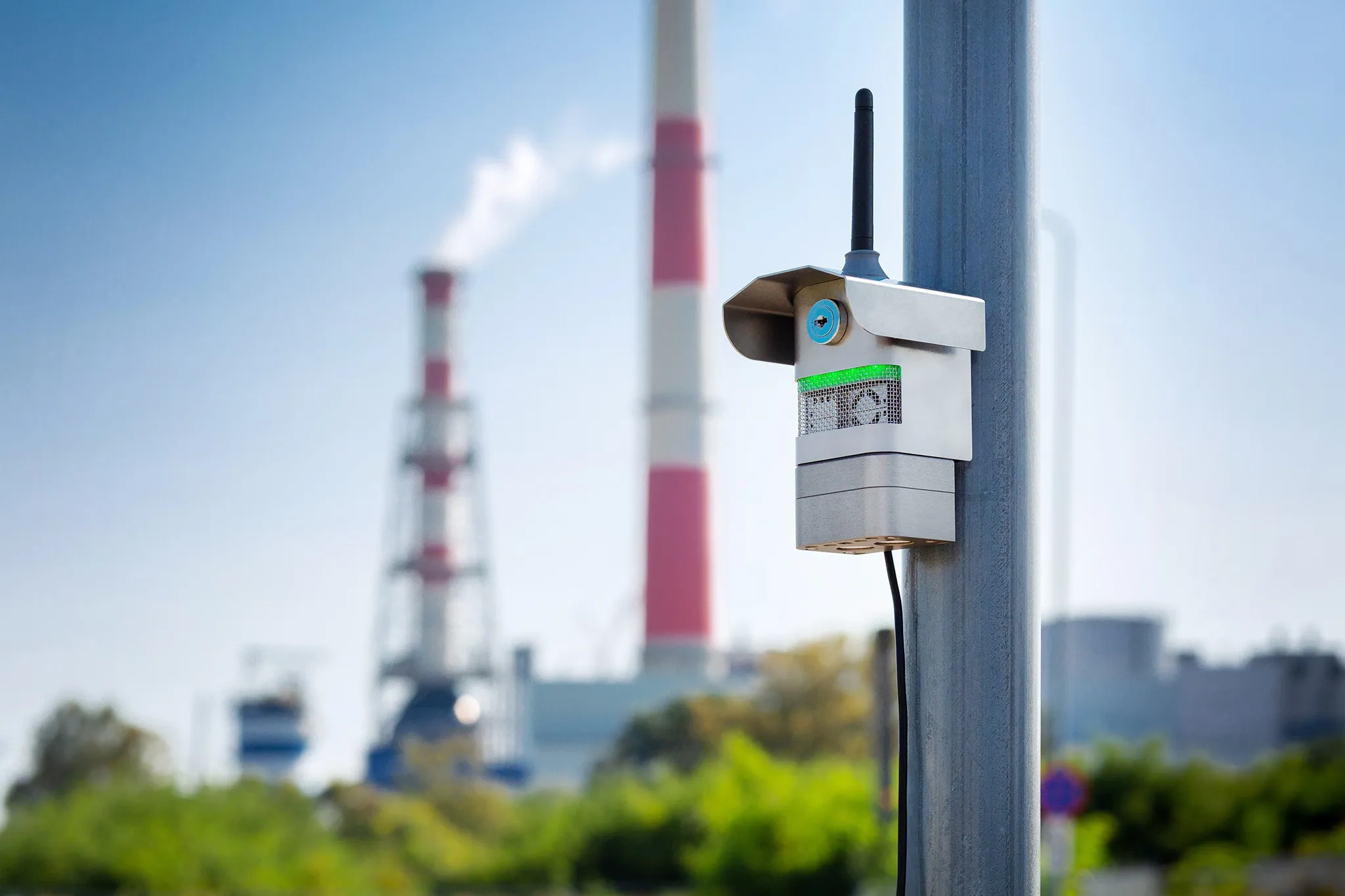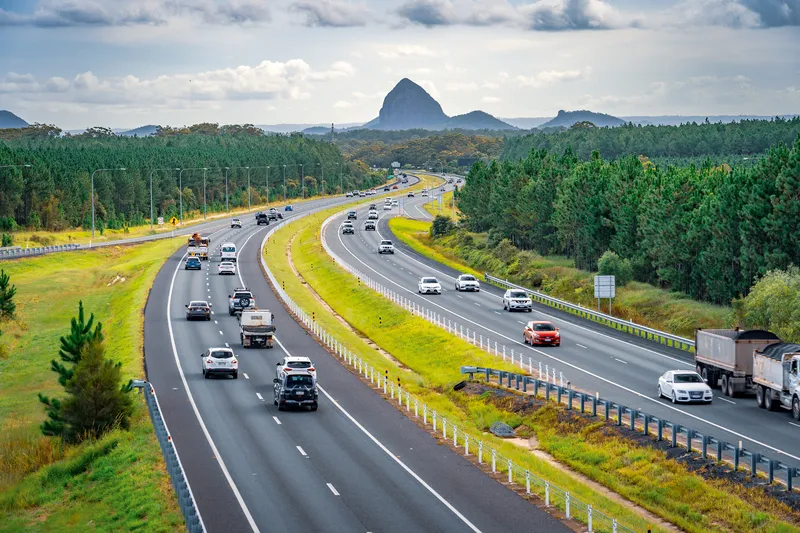The Italian Astaldi Group has been awarded the contract by Polskie Linie Kolejowe (PKP) to upgrade a section of the E-59 Warsaw-Poznań railway line (Lot IV).
June 28, 2017
Read time: 1 min
The Italian Astaldi Group has been awarded the contract by Polskie Linie Kolejowe (PKP) to upgrade a section of the E-59 Warsaw-Poznań railway line (Lot IV).
The US$93 million (€82 million contract calls for the reconstruction of track systems for 35 kilometres on the existing line along with the construction of two railway stations, the upgrading of the line’s viaduct system, as well as the building of two additional viaducts. The works will be carried out without interruption of the railway traffic on the line. The works are expected to last slightly more than 2 years.
Astaldi will carry out the works in a joint venture with CLF, Italy. The works will be financed by European funds and by the State budget.









